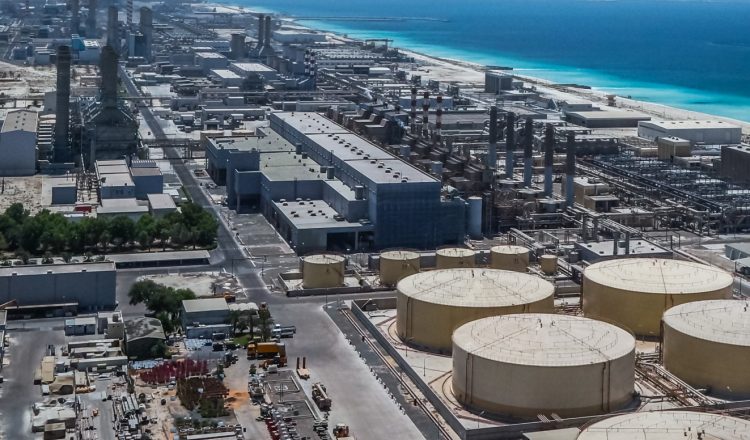In response to concerns about the nation’s water deficit, Morocco’s Minister of Equipment and Water, Nizar Baraka, has emphasized the pivotal role of water desalination in the country’s water management strategy. During a session at the House of Advisors on Tuesday, Baraka outlined ambitious plans to address water scarcity by significantly increasing desalination capacity.
Baraka asserted that desalination is a top priority, with a target of supplying 50% of the nation’s drinking water through desalination processes by the year 2030. The government aims to expedite this initiative by constructing multiple desalination plants, aiming for a combined production capacity of 1.4 billion m3 in a relatively short period.
A major player in this endeavor is the OCP (Office Chérifien des Phosphates), set to undertake the desalination of 560 million m3. Out of this, 500 million m3 will be allocated for agricultural purposes, while the remaining volume will be dedicated to providing potable water to citizens.
The government’s approach involves establishing desalination plants in coastal towns, leveraging a combination of public and private partnerships. This strategy is designed not only to meet urban water needs but also to support inland towns and rural areas, especially those reliant on wells for irrigation.
Minister Baraka shed light on additional measures aimed at optimizing water distribution. The government plans to alleviate pressure on dams by extending drinking water supply channels. This redirected water will cater to inland regions, rural communities, and the agricultural sector, thereby creating a more equitable distribution of water resources.
- Tags: Agriculture, Morocco, security, water





